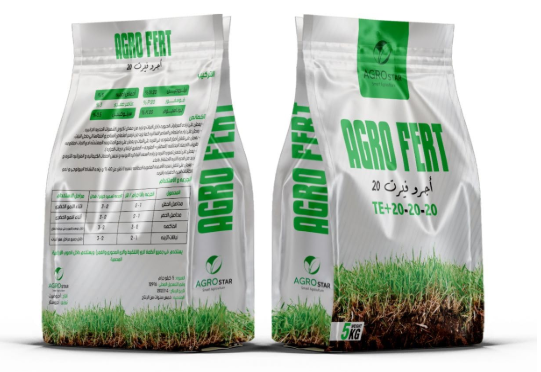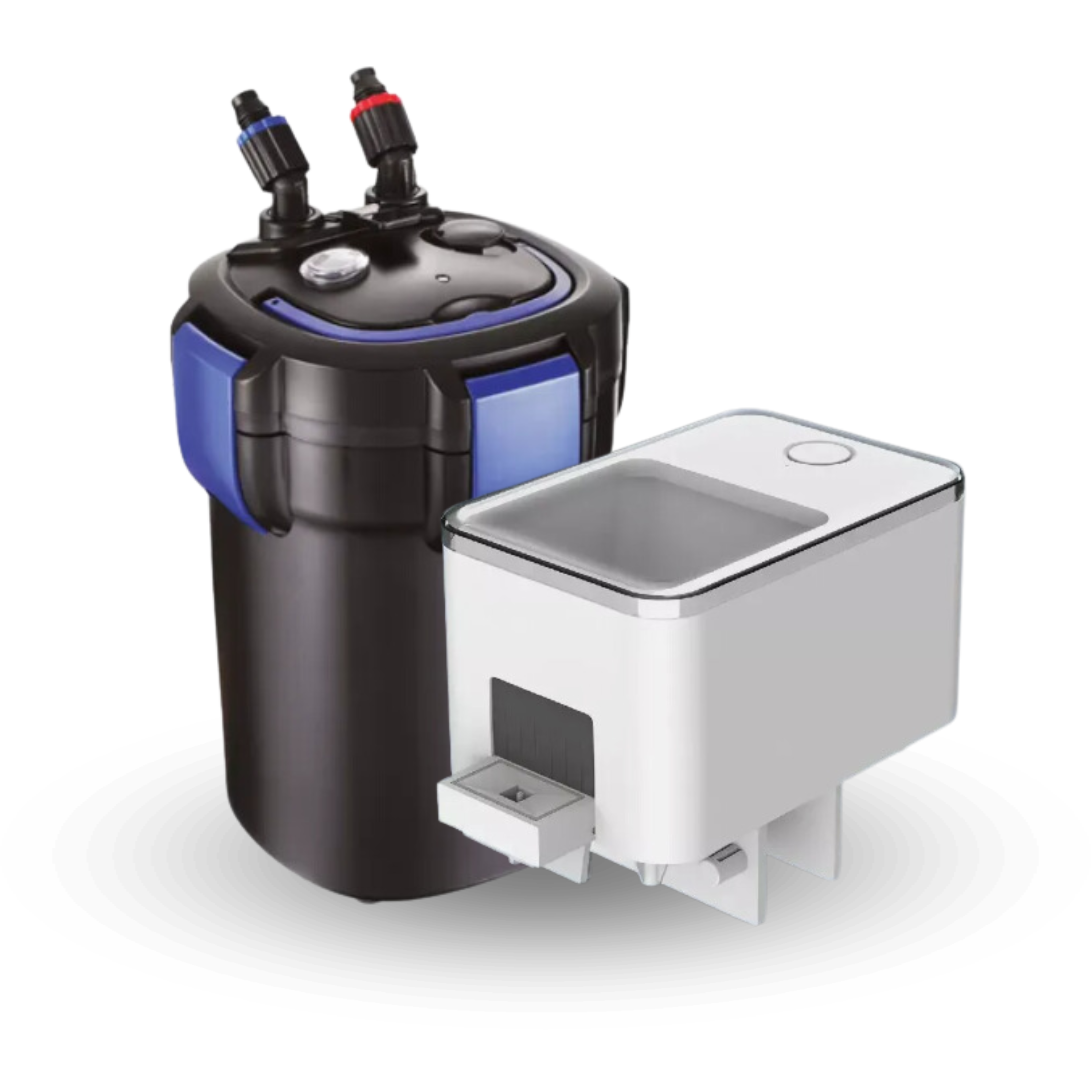What is Smart Fish Management?
Smart Fish Management is the process of breeding fish and other marine organisms in aquatic environments such as ponds or marine cages for the purpose of food production. It serves as a sustainable alternative to traditional fishing practices.
How Can Technology Improve the Efficiency of fish farming?
Technology enhances the efficiency of fish farming through various means:
Sensors that measure water quality parameters (such as pH, oxygen levels, and temperature).
Automated feeding systems that provide precise amounts of food to minimize waste.
Cameras for monitoring fish growth and behavior.
What are the Benefits of Using AI in fish farming?
The advantages of employing AI in fish farming include:
-Increased productivity and reduced costs.
-Enhanced fish health and water quality.
-Lower environmental impact through efficient resource management.
How is Artificial Intelligence Used in Fish farming?
Artificial intelligence (AI) can be utilized in Fish farming for:
Predicting issues: Analyzing aquaculture data to foresee diseases or environmental changes.
Feeding management: Algorithms that study fish behavior to accurately adjust feeding quantities.
Performance monitoring: Identifying abnormal patterns in fish movement or growth rates.
What Challenges Does AI Face in Fish farming Implementation?
High costs associated with developing and installing smart systems.
The necessity for training personnel to operate these systems.
Technical difficulties in integrating smart systems with existing infrastructure
What is the Future of Fish farming with AI?
The future appears promising, with advancements in AI expected to lead to more precise and sustainable management of fish farms. Potential developments may include:
-Fully automated systems.
-Robots for cleaning tanks or repairing equipment.
-Enhanced global food security through improved efficiency.










